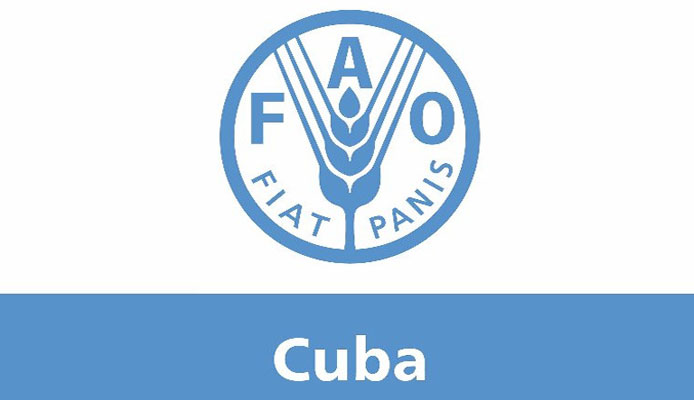
Havana, April 15 (RHC) -- The United Nations Food and Agriculture Organization (FAO) reported today on its collaboration with Cuba on a mechanism to reduce emissions from deforestation and forest degradation.A communiqué issued by the global entity in Havana added that the mechanism is called REDD+.
They specify that the reduction of emissions due to deforestation and forest degradation, the sustainable management of forests, the conservation and improvement of carbon stocks in these ecosystems, constitute a fundamental part of global efforts to mitigate climate change.
REDD+ is an international mechanism created by the United Nations Framework Convention on Climate Change to mitigate the effects of climate change through actions that strengthen forest governance.
In this context, FAO, with funding from the Green Climate Fund, supports Cuba's incorporation into the initiative, with the aim of contributing to climate change mitigation and promoting food security in accordance with the Nationally Determined Contribution.
A two-day workshop was held in Havana to begin the process of preparing the country for accessing this mechanism, with the participation of various national institutions. In Cuba, the coordination of this preparatory stage will be the responsibility of the Directorate of the State Forestry Service of the Ministry of Agriculture and FAO.
The Operations Assistant of the FAO Office in Cuba, Jorge Chamero, pointed out that this is a project that prepares Cuba to create the necessary legal frameworks that will allow it to access payment for results derived from the promotion of its forests and actions to avoid degradation and deforestation.
Countries' commitments to mitigate and adapt to climate change are an integral part of the 2030 Agenda for Sustainable Development.
Through REDD+, FAO designs capacity-building support tailored to the specific needs of each country so that it is ready. Such readiness is measured through the four key pillars set out in the Warsaw Framework.
These pillars are the National Forest Monitoring System (NFMS), Forest Reference (Emission) Levels (NREF/NRF), Safeguards and Safeguards Information Systems (SIS) and National Strategies/Action Plans (NS/AP), the message concluded. (Source:PL)

